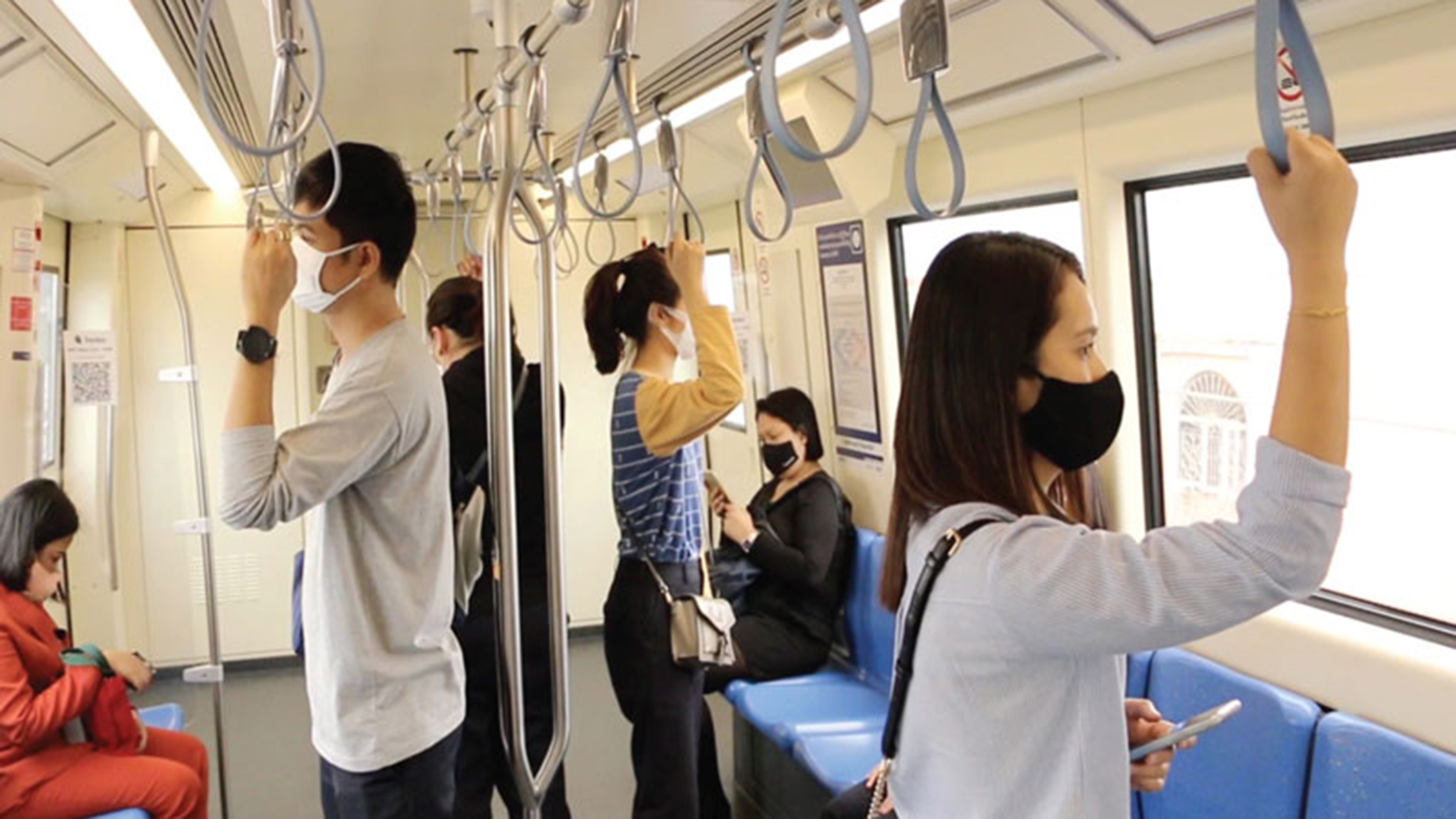Has the level of happiness in Thailand deteriorated?
The level of happiness in Thailand has reduced over the past few years, according to a number of indices and surveys. With the COVID-19 pandemic taking its toll on the country’s economy, people feel uncertain about their living, while their daily expenses remain very high.
On a global scale, Thailand is ranked 48 out of 149 countries, according to The World Happiness Report 2021, a significant drop from 2017-2019 when the country was ranked 44th.
The report is primarily based on levels of GDP, life expectancy, generosity, social support, freedom and corruption.
Another survey, conducted in May 2021 by the Economic and Business Forecasting Centre of the Thai Chamber of Commerce, also shows that Thailand’s contentment has decreased significantly as the “happiness” index among Thai people was recorded at 27.7, the lowest since the survey was first conducted back in 2006. The number was a drop from 30.6 in April. The survey also predicted that the number will decrease further for June-August.
The survey indicates that people’s happiness deteriorated as they felt the uncertainties, especially regarding the pandemic,which has been taking its toll on the Thai economy. People are at risk of losing their jobs and are finding it harder to earn income, while they still have to make ends meet.
-Discouraged from spending-
Due to the current economic situation, people are discouraged from spending, including buying large assets, such as a new house, a new car or even spending money on travel.
The “suitability” index for the purchase of a new car in May was recorded at 39.8, the lowest in 12 months and also a decrease from 42.5 in April. The suitability index for thepurchase of a new house in May was recorded at 23.7, a decrease from 27.1 in April. While the suitability index forspending on tourism was recorded at 31.5, the lowest in 13 months and also a decrease from 42.5 in April.
Meanwhile, it has also been forecast that the household economy will remain fragile for the rest of the year, according to the Kasikorn Research Centre’s Economic Condition Index (ECI) report, due to a combination of flooding, rising energy prices and uncertainty over the COVID-19 pandemic.
Although Thailand’s ECI for September has improved, the index is still relatively low compared to last year, as many households are worried about increased spending on energy, public utilities and debt repayment.
Oil prices have recently been increasing. As of October 20th, prices for premium diesel have increased to 34.26 baht/litre; B20 diesel, 29.04 baht/litre; B7 diesel, 29.29 baht/litre; Gasoline, 38.96 baht/litre; and Gasohol 95, 31.55 baht/litre.
-Income versus Daily Expenses-
Living expenses in Bangkok are 33,032 baht per month on average, very high in contrast with the average salary of people in the capital, which is 26,502 baht per month.
While Bangkok is behind only Singapore for having the highest living expenses among six ASEAN cities, Singapore’s average salary is much higher than the daily expenses.
Singapore’s average monthly salary is 118,075 baht, while theaverage monthly living expense is 76,770 baht. Similarly, people in Malaysia’s capital of Kuala Lumpur earn 34,209 baht on average per month, while their average monthly living expenses are 24,566 baht.
The situation in Bangkok is not, however, unique amongASEAN cities, where living expenses are higher than averagemonthly salaries.
Average living expenses in Ho Chi Minh City are 25,396 baht per month, while people earn 15,071 baht on average per month. Living expenses in Jakarta are 26,305 baht per month,while average salaries are at 14,922. Living expenses in Manila are also high, at 32,570 baht per month, while their average monthly salaries are as low as 12,277 baht.
As to whether the living expenses and income are proportionate, Associate Professor Dr. Thanawat Pholvichai, Rector of the University of Thai Chamber of Commerce, explained that it depends on their social class and how much salary they earn.
“I think, for Thai people who have salaries of more than 30,000 baht a month, they save 20% or more. While people in the low to middle-income level save 5-10%. It’s quite low.”
He also explained that the current minimum wage in Thailand, around 330 baht per day, is neither too high nor too low. “It covers one person’s expenditure but, for someone who has a family, a spouse or one or two children, it’s quite low,” he said.
When asked how people’s quality of life could be improved, Dr. Thanawat suggested that the government should not only boost economic activities after the pandemic but also address income inequality and reduce poverty.
“I think that’s the way to enhance the quality of life of Thai people,” said Dr. Thanawat.
By Nad Bunnag, Thai PBS World

